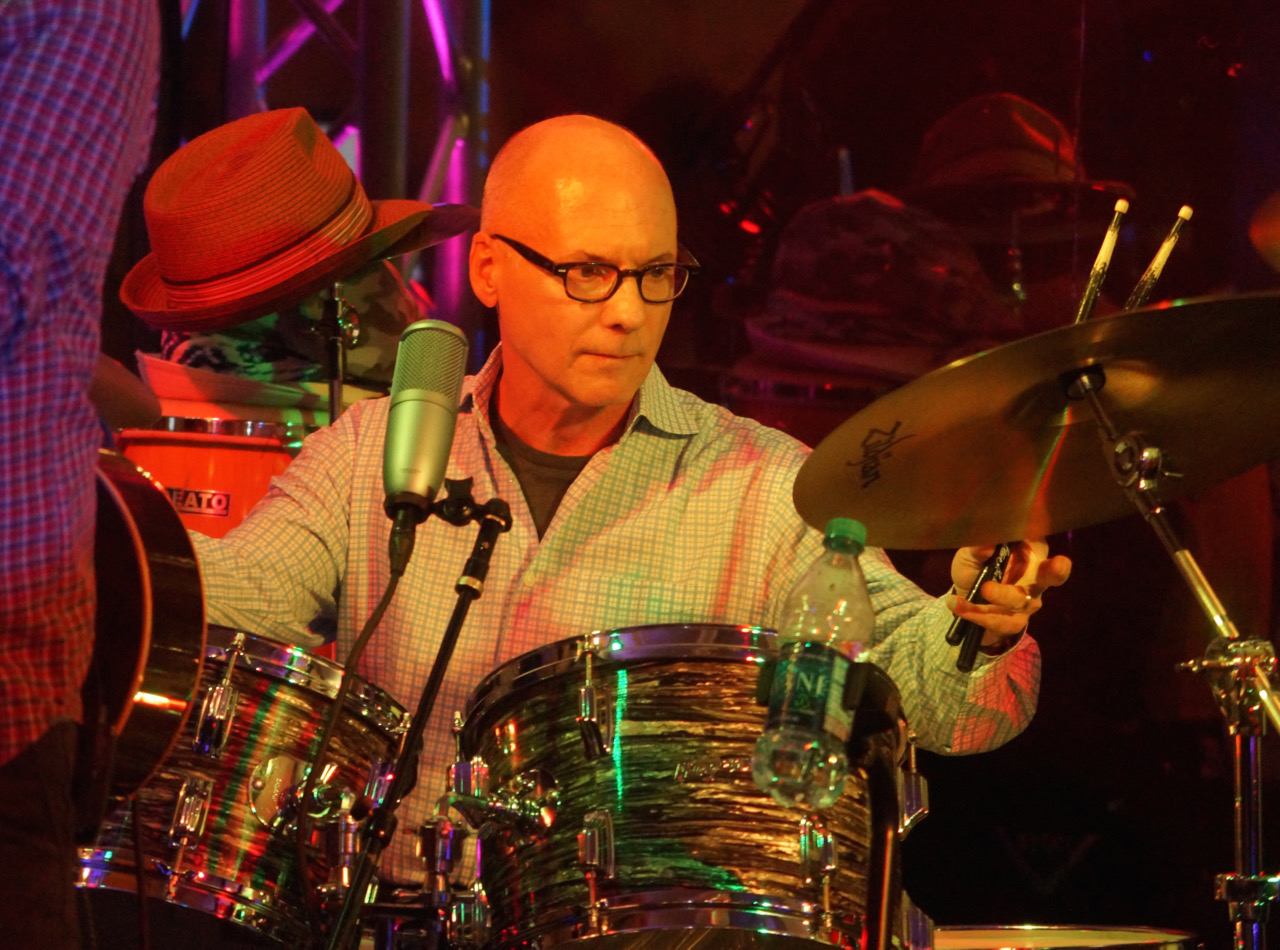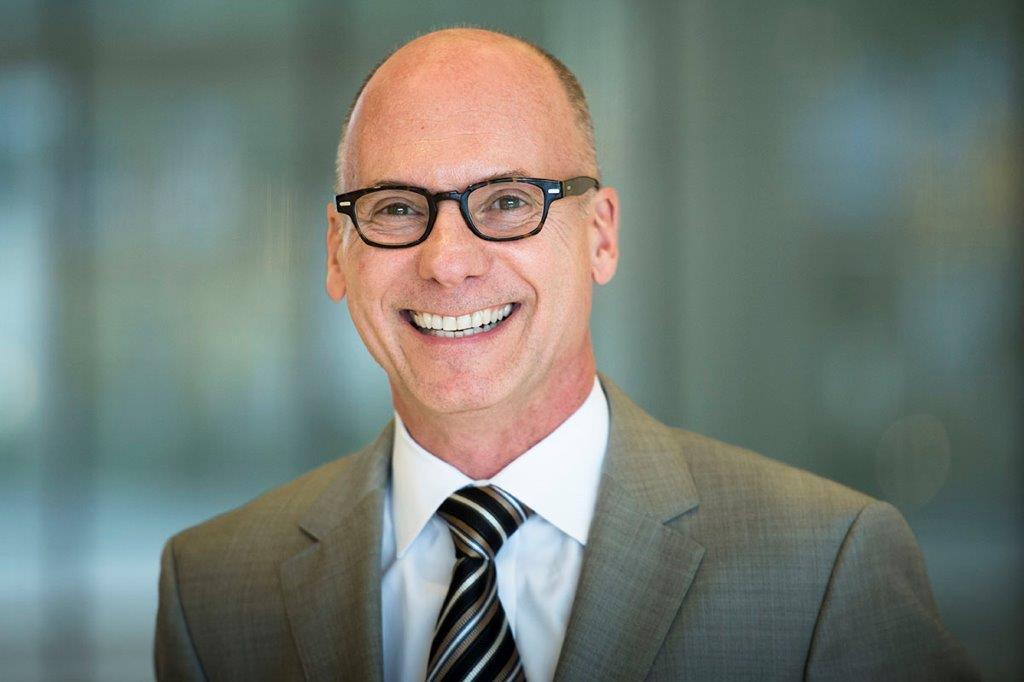“Whatever brings you great joy, do it as much as you can as often as you can,” advises Bill Maloney, retired Executive Vice President for Equinor (formerly Statoil). Maloney says this philosophy guided him though a 34-year career in the Oil and Gas industry and continues to guide his retirement. “I was rowing on Clear Lake this morning,” says Maloney, “And I’ve got an AAPG meeting this afternoon.” Maloney is on the planning committee for the annual CCUS conference event hosted by AAPG, SPE and SEG, along with serving in other AAPG committee roles.
Maloney’s career is an example of what can be achieved with the right combination of skills, good mentors, and luck. Maloney attributes key pivot points in his career to mentors who guided and shaped him as a geologist and as a leader. “I wouldn’t have done the things I’ve done without them,” he says. Most of Maloney’s mentors have been his managers, but one of the earliest and most influential mentors has been his wife of 44 years. These individuals guided Maloney into geology and across more than three decades of exploring and developing oil and gas.
Mentor Lesson 1: Seek out diverse perspectives
As a mathematics major at Hunter College, Maloney took historical geology on a whim. “We called it ‘hysterical geology’ because the professor, John Boyland, was so funny,” says Maloney. Growing up in the Bronx, geology had not been a focus for Maloney, but Boyland inspired Maloney to switch his major to geology. Maloney excelled in the geology program and decided to pursue graduate school. Because of Columbia’s proximity, he expected to pursue his graduate work there. “John told me that most of the faculty at Hunter had studied at Columbia, so I would be getting more of the same thinking,” says Maloney. Boyland encouraged Maloney to seek out different perspectives in geology and leave the city. This advice propelled Maloney to a master’s program at Syracuse University to study hydrodynamics of sediment transport, which made him an attractive candidate for oil company recruiters. After receiving multiple offers, Maloney signed on with Shell and moved to Houston in 1981.
Mentor Lesson 2: Ask the right questions to be an explorer
Maloney joined Shell’s Rocky Mountain division, where he worked for Jim Clement. Maloney says, “Jim never told me what to do, but guided me to discover the right answers by asking questions.” Clement mentored Maloney to become an exploration geologist through the Socratic method, and Maloney excelled at the task, becoming a team lead after five years.
Maloney then transferred to Pecten, the international division of Shell Oil’s operations in the US, where he put to work the lessons he learned in the Rocky Mountain division. Maloney followed previous successful exploration efforts by Shell colleagues to add even more resources in the Pearl River Mouth Basin in China. He later led exploration efforts in offshore Cameroon and elsewhere before becoming Exploration Manager for Latin America.
Mentor Lesson 3: Taking risk v. taking unnecessary risk
While in the Latin America role, Maloney met Marvin Davis, owner of Davis Petroleum Company. Davis wanted to get into Trinidad and decided that Maloney was the right person to lead the effort. So he recruited him to join Davis Petroleum. “Marvin sent his personal jet, which happened to be a 737, for me to fly down to Palm Springs and meet him for an interview,” says Maloney. “After talking for about three hours, Marvin asked if I could stay a little longer. In walks former president Gerald Ford, who tells me that I should work for Marvin. It was surreal,” says Maloney. After much deliberation, Maloney pivoted his career by leaving Shell and taking the risk of joining the much smaller Davis Petroleum. As the Director of International Exploration and Production, Maloney evaluated farm-ins all over the world.
During a visit to Kazakhstan Maloney says that Davis set up a short meeting with Kazakhstan’s president and instructed Maloney to drop all his plans. The short visit turned into a three-week technical evaluation that resulted in Maloney overstaying his visa. “I went to the airport and couldn’t get out of the country, because I had come in on a private jet and didn’t have the right paperwork,” says Maloney. After many stressful hours of working through language barriers and a challenging bureaucratic system, Maloney was finally able to leave the country. Maloney’s experience convinced him that the risk of working with Davis wasn’t worth the reward, and he resigned shortly thereafter.
Mentor Lesson 4: Manage a portfolio of opportunities to achieve an organization’s goals
Soon after leaving Davis Petroleum in 1997, Maloney was recruited to join Texaco. He moved to London to manage international exploration in Europe and Asia under the guidance of Bruce Appelbaum (a long-time HGS member). Maloney says that Appelbaum taught him how to manage an exploration program by setting goals and building a portfolio of opportunities. “If you want to grow production by a certain number of barrels, you have to have a certain number of opportunities in the portfolio with a certain chance of success,” says Maloney. During this time, Maloney also learned from Appelbaum “what gets measured gets done.”
Mentor Lesson 5: What you do is just as important as how you do it
In 2002, Maloney joined Statoil as Head of International Exploration, where he says he “found a blank slate” of exploration potential. Statoil was not very active outside of Norway at the time. Maloney needed to motivate the team to compete internationally. He utilized lessons learned at Texaco to build a portfolio of opportunities and says we “found lots of oil and gas” in Tanzania, Brazil, Argentina, the US, and other countries.
Statoil chief executive Helge Lund was “big on values” says Maloney. Lund shaped Maloney’s mindset, encouraging him to think about how values drive behavior. “He taught me that it’s not only what you do, but how you do it,” says Maloney.
The emphasis on values encouraged Maloney to reflect on his behaviors at home. After seven years of weekly commuting between his home in London and Statoil’s offices in Stavanger and Oslo, Maloney says he was burned out. He requested a sabbatical, but his managers were reluctant. Maloney was firm in his request, despite the risk that he might not have a job when he returned. During his year away, Maloney and his son volunteered at a school in Nepal, he traveled with his wife, and pursued passions like skiing.
Fortunately, Maloney was offered a role when he returned to Statoil in 2010. He became the Executive Vice President and Head of Development and Production for North America. Maloney says that he and his team grew production from about 70 KOEBD to over 300 KOEBD in five years. He leveraged the portfolio management skills learned from Texaco plus the leadership skills learned at Statoil to enter new basins and expand production in existing acreage in places like Canadian oil sands, Marcellus, Bakken, Eagleford, Gulf of Mexico and others.
Mentor Lesson 6: Find a sounding board who reminds you to be true to yourself
Maloney’s college girlfriend, now wife of 44 years, has been instrumental in shaping his career. “She’s my advisor and my best friend,” says Maloney of his wife, Audrey. At key points along his career, Audrey guided Maloney to live his values.
Maloney almost didn’t become a geologist. At 19 years old, he dropped out of college to be a drummer playing clubs in New York City. Audrey convinced Maloney that their future together was contingent upon him getting a degree. Taking her good advice, Maloney returned to Hunter College to pursue a degree in mathematics and later geology. 
Another key pivot point was the decision to leave Texaco following the Texaco-Chevron merger. Maloney’s much-loved International Exploration Manager role had been eliminated, and he was asked to move back to the US. Less than six months of leaving London, Maloney says his wife recognized how unhappy he was, and she encouraged him to resign. Shortly thereafter, he was offered an opportunity to move back to London with Statoil.
Going forward
“I had a goal to retire before 60, and I formally retired about 30 days before turning 60,” laughs Maloney. He subsequently served on the Boards of Trident Energy and ATX Energy. He also worked as a Senior Advisor to Warburg-Pincus. Now, he volunteers his time to AAPG, serves as an Energy Advisor to University of Houston, and volunteers for civic organizations, including being the president of his condominium association.
Reflecting on mentors who shaped his career, Maloney acknowledges he has not told them how influential they were. However, Maloney hopes that he has been able to pay it forward by shaping the careers of those who worked for him.

